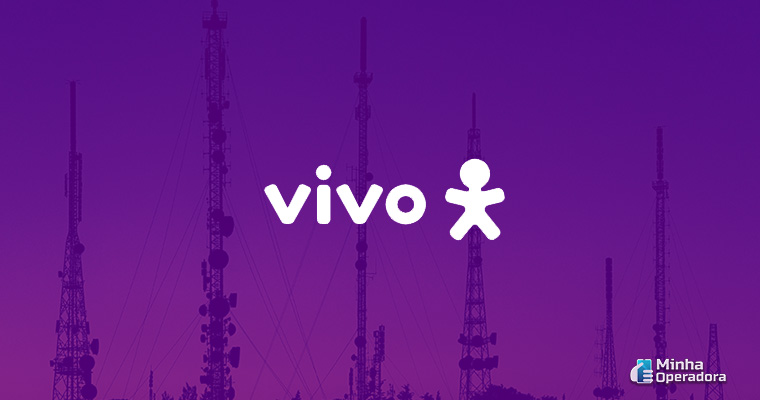KPMG Report: $111 billion awaits capital calls from global management companies, recovery likely postponed to 2025
01/16/2024
/i.s3.glbimg.com/v1/AUTH_37554604729d4b2f9f3eb9ad8a691345/internal_photos/bs/2024/t/C/7iBvibTyq7jUVanvRnTw/040124danielmalandrin025.jpg)
Daniel Malandrin — Foto: Rogerio Vieira/Valor
In 2023, high-interest rates and macroeconomic uncertainties severely affected the venture capital sector, leading to a consecutive annual decline in Brazil’s startup investments. A survey commissioned by Valor and conducted by Sling Hub, a data intelligence platform for the sector, revealed a 39% decrease in investments last year, a decline slightly less than the 41% experienced across Latin America.
A KPMG report reveals that investors have committed $111 billion globally to management companies, pending allocation to startups. Daniel Malandrin, KPMG’s lead venture capital and innovation partner, attributes the move to increased risk aversion, leading to greater selectivity among asset managers and investors who now favor larger, profit-generating companies. He forecasts a challenging 2024, with many startups struggling and investors remaining cautious.
Mr. Malandrin predicts a continued rise in startup failures due to funding challenges in 2024. The start of monetary easing in the United States, a key driver for the market, remains uncertain.
In December, Distrito, an innovation platform, reported that 60% of venture capital fund managers do not anticipate a return to pre-crisis activity levels in the sector for over 18 months.
Oscar Decotelli, CEO of DXA Invest, which manages R$1 billion in “growth equity” funds—a blend of venture capital and private equity—noted that companies that weathered 2023 have emerged stronger into 2024, having slashed costs and enhanced efficiency. He also noted a significant reduction in financial needs, with companies now requiring only R$0.30 for every real they needed at the beginning of last year. However, Mr. Decotelli anticipates that investor interest in both startups and established companies will only pick up in the latter half of the year.
Mr. Decotelli points to uncertainties in both international and domestic markets as major influences on investment decisions. In the United States, the anticipated decline in inflation due to rising interest rates has been offset by signs of a resilient economy, delaying expectations of rate cuts. In Brazil, initial concerns over fiscal policy have eased following government measures. Despite high-interest rates in 2022, which saw a robust influx of startups, Mr. Decotelli describes 2023 as a “double negative” year, where companies struggled to sell products or raise capital for operations, marking it the most challenging year in the past decade.
Additionally, the early 2023 credit crisis, influenced by Americanas and Light, led to costlier financing and significant declines in funding through capital markets and bank lending. Mr. Decotelli highlights the plight of small companies with innovative products, which started the year hopeful for capital to grow or maintain operations but failed to secure funding.
The Distrito survey reveals that 35.7% of asset managers experienced negative impacts on their operations during the crisis. In comparison, 11.1% seized opportunities, such as purchasing assets at reduced prices. Mr. Malandrin from KPMG remarks, “Managers who have successfully raised funds in the past two years are now ideally positioned for negotiating with promising startups in need of growth capital.” He emphasized the need for investors to recognize the adequacy of the risk premium in venture capital for the sector’s recovery.
The KPMG executive highlights that the recent widespread increase in interest rates marks a major macroeconomic shift unprecedented in a decade of venture capital. “Until 2022, the remarkable productivity gains of startups didn’t impede investments due to the surplus of capital. The focus was on growth at any cost, followed by profitability.” However, he notes, there is a heightened demand for results due to competition with U.S. interest rates. Previously, venture capital investments were estimated to yield a 12% annual return in dollars; that has now decreased to a 7% differential with the U.S. prime rate at 5%.
Data from the Brazilian Private Equity and Venture Capital Association (ABVCAP) indicates a partial recovery in the third quarter of 2023. Venture capital funds invested R$1.9 billion across 62 rounds, a 19% increase from the R$1.6 billion invested between April and June of the same year. However, the number of deals decreased by 16%. Compared to the third quarter of 2022, there was a 29.6% reduction in the invested amount and a 66% decrease in the total number of transactions.
Mr. Malandrin from KPMG explains that the current trend of investing more money in fewer startups, particularly larger ones on the path to profitability, is due to increased selectivity. He emphasizes that this trend is not a structural but a cyclical change, likening it to a temporary memory that might fade with new technologies and managerial approaches. “Nevertheless, it represents a significant learning opportunity for the entire industry,” he added.
Globally, KPMG data indicates that the volume of transactions fell to its lowest since the fourth quarter of 2018. In the second quarter of 2023, the volume was $81.4 billion across 9,563 transactions, which decreased to $77.05 billion in 7,434 transactions in the third quarter. That represents a 5.35% drop in value and a 23% decrease in the number of deals.
In Brazil, fintechs garnered the most investment in 2023. The Sling Hub survey reports that 54% of the country’s transactions involved fintech companies, up from 43% in 2021 and 45% in 2022. João Ventura, founder and CEO of Sling Hub, attributes the increase to large funding rounds during the year.
Mr. Ventura highlights significant transactions such as fintech Meutudo’s announcement of a new R$2 billion FIDC—a fixed-income investment backed by receivables such as trade assets, checks, and car loans—managed and administered by BTG Pactual Asset, focusing on social security (INSS) payroll loans. Another notable investment was Citi’s $466 million infusion into Mercado Pago, which was aimed at expanding its credit operations in Brazil and Mexico. “We haven’t seen operations of this magnitude for quite some time,” Mr. Ventura remarked. According to KPMG, Brazil currently boasts 13,300 active startups, with fintechs constituting 11% of these enterprises.
*Por Liane Thedim — Rio de Janeiro
Source: Valor International

